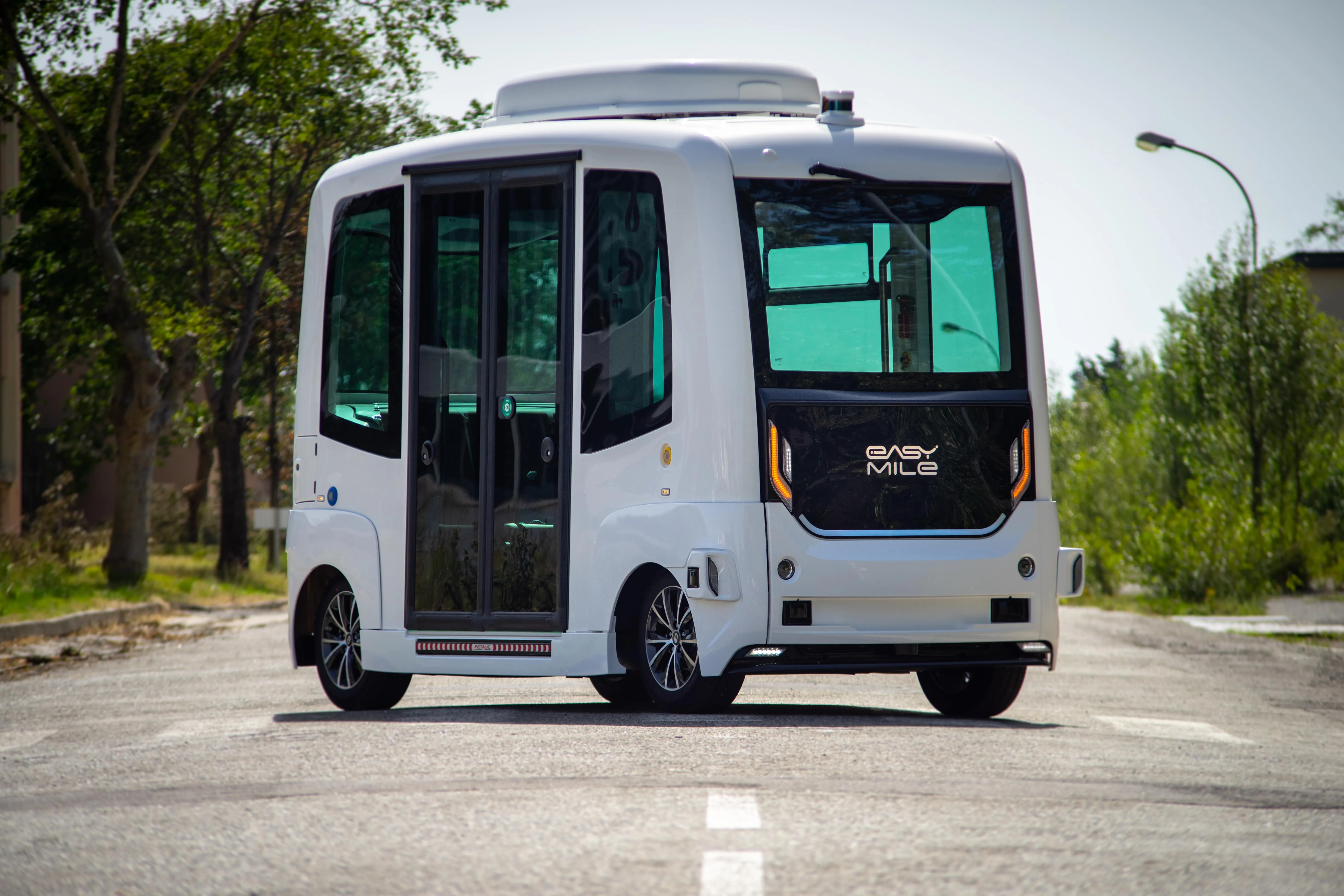Berlin has become the first capital city to introduce a wirelessly charged electric bus, as part of a project funded by Federal Ministry of Transport and Digital Infrastructure.
The Berlin Transport Authority, Berliner Verkehrsbetriebe (
The buses now operate on the 6.1 kilometre line 204 between Südkreuz and Zoologischer Garten (Hertzallee). Vossloh Kiepe’s electric drive ensures the vehicles are not only emission-free, but also produce low vibration and noise, benefitting both passengers and the environment.
Each bus will be charged wirelessly and contactlessly via
Bombardier claims that the Primove battery system, with a total capacity of 90 kilowatt hours, offers sufficient energy reserves to handle even Berlin’s most demanding routes. In addition, the wireless charging system is well shielded so that the electromagnetic radiation is lower than that of a conventional induction cooker. To fully charge the batteries overnight and air condition the passenger compartment before starting operation, four stationary and one mobile charging station were also installed by Vossloh Kiepe at the BVG depot. There the buses are supplied with power via charging cables.
Like all BVG’s electric powered vehicles, the new Solaris Urbino 12 electric buses are powered exclusively with green electricity. BVG says that within one year, the four electric buses on the line 204 will travel a total of approximately 200,000 kilometres, saving 260 tons of CO2 emissions.
Berlin introduces wirelessly-charged electric bus Line
Berlin has become the first capital city to introduce a wirelessly charged electric bus, as part of a project funded by Federal Ministry of Transport and Digital Infrastructure. The Berlin Transport Authority, Berliner Verkehrsbetriebe (BVG) has introduced four Solaris Urbino 12 electric buses equipped with the Bombardier Primove inductive charging system and traction equipment from Vossloh Kiepe. The buses now operate on the 6.1 kilometre line 204 between Südkreuz and Zoologischer Garten (Hertzallee). Vos
September 4, 2015
Read time: 2 mins








